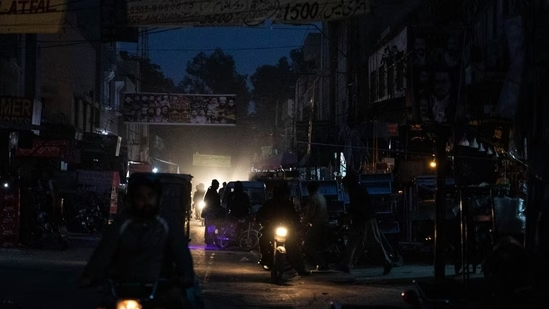UN's Warning to Pakistan on Forcibly Deporting Afghans: 'Such Plans Would Have Far-reaching Consequences'
The United Nations (UN) has issued a stern warning to Pakistan regarding its alleged plans to forcibly deport Afghan refugees and migrants. This move has raised significant concerns among international humanitarian organizations, as it could have far-reaching consequences for the vulnerable Afghan population.
The UN's warning comes amidst reports that Pakistan may be considering a large-scale deportation of Afghan refugees and migrants residing within its borders. Such a move could have devastating consequences for the Afghan population, many of whom have sought refuge in Pakistan for years, escaping conflict, persecution, and economic hardships in their home country.
Forcibly deporting Afghan refugees would not only violate international humanitarian principles but also exacerbate the already dire humanitarian situation in Afghanistan. The country is grappling with a fragile security situation, an economic crisis, and a humanitarian disaster. Sending back thousands of vulnerable Afghan individuals and families could expose them to further risks, including violence, displacement, and lack of access to basic necessities.
The principle of non-refoulement is enshrined in international law, prohibiting the forced return of individuals to countries where they face persecution, harm, or threats to their lives. Pakistan, as a signatory to various international agreements, is obligated to adhere to these principles and ensure the protection of refugees and migrants.
The UN has called on Pakistan to engage in a dialogue with Afghan refugees and migrants to find a mutually agreeable solution that respects the rights and well-being of this vulnerable population. Dialogue and cooperation among neighboring countries are crucial to addressing the challenges stemming from the Afghan crisis.
The situation in Afghanistan has regional implications, and it is imperative for neighboring countries like Pakistan to play a constructive role in fostering stability and security. Forced deportations could further destabilize the region and undermine efforts to find a peaceful resolution to the ongoing crisis in Afghanistan.
The UN's warning to Pakistan underscores the critical importance of respecting international humanitarian principles and upholding the rights of Afghan refugees and migrants. As the situation in Afghanistan remains complex and uncertain, it is crucial for the international community to work together to address the needs and concerns of Afghan refugees and ensure their protection and well-being. Finding a durable solution to the Afghan crisis requires cooperation, dialogue, and a commitment to humanitarian values.



Comments
Post a Comment